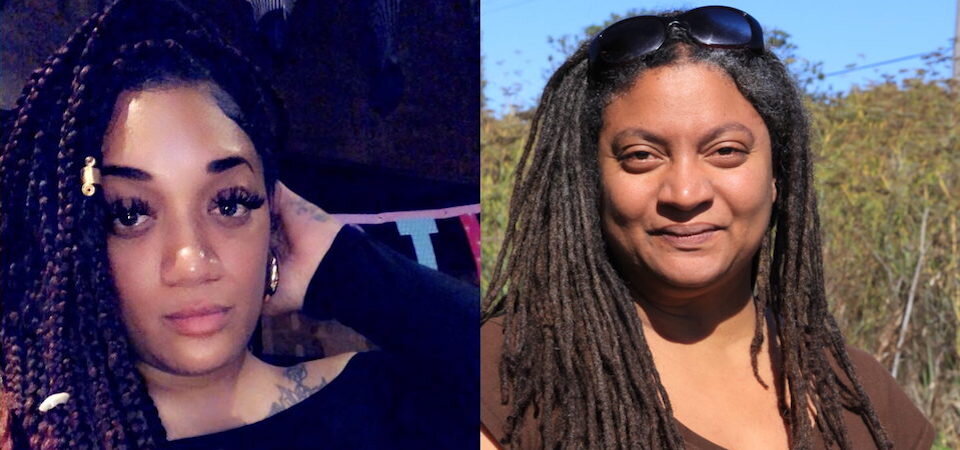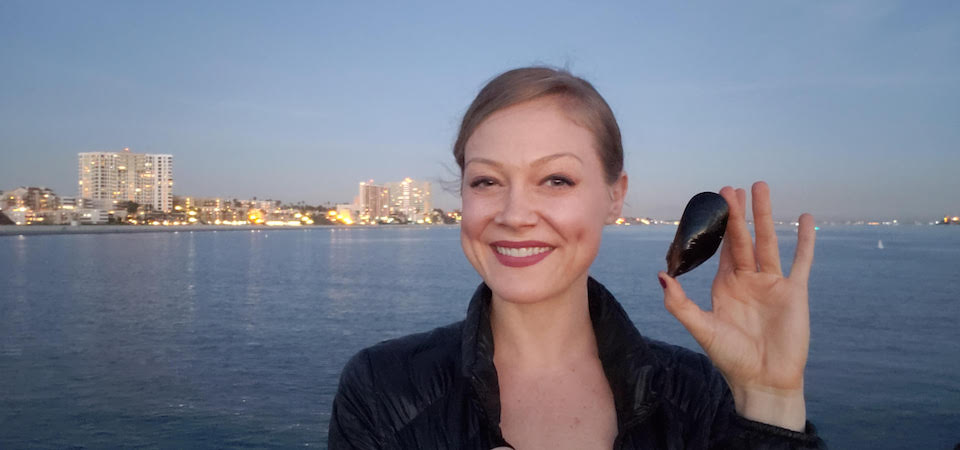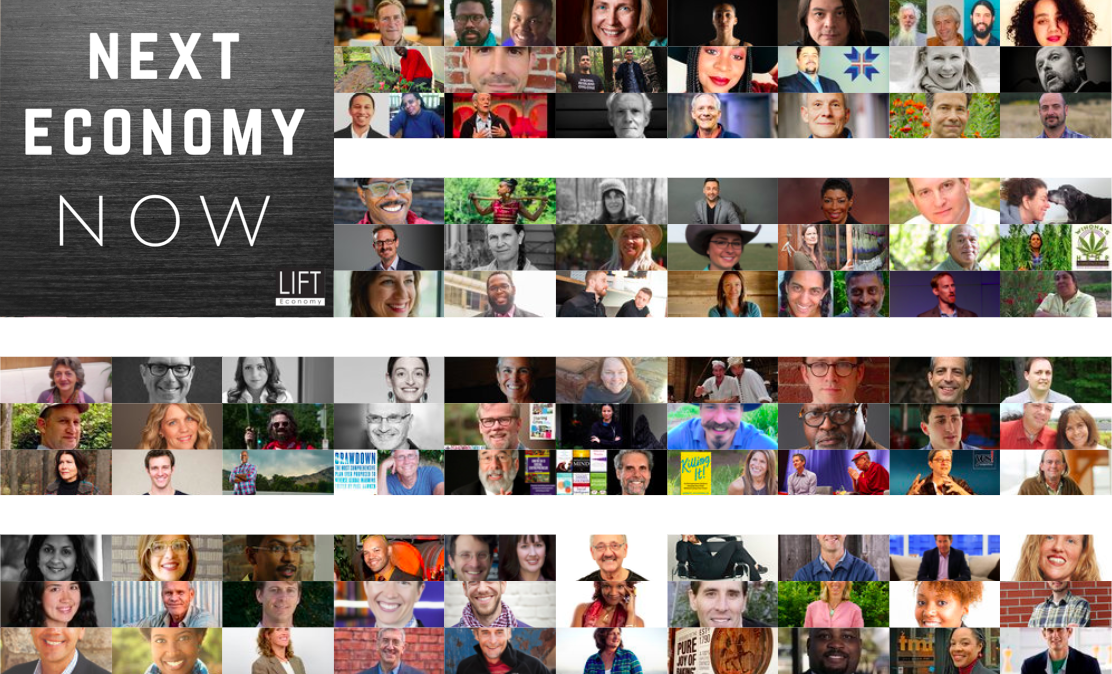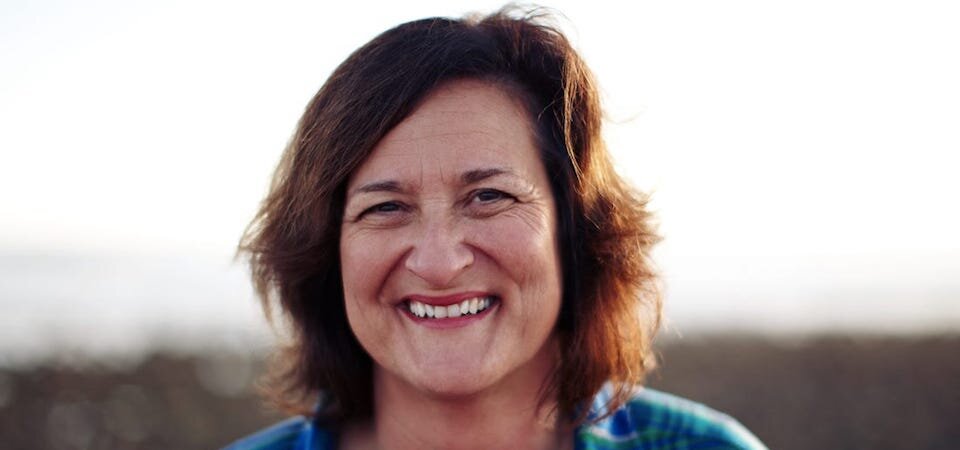Subscribe to Next Economy Now on Apple Podcasts, Spotify, Pandora, Google Podcasts, YouTube, or wherever you find podcasts.
Amelia Baxter believes that the 21st century built environment is filled with opportunities for trees. Baxter co-founded WholeTrees in 2007 to develop and sell products and technologies that would scale the use of waste-trees in commercial construction, increasing forest revenues, and offering green construction markets a new material for the 21st century. Amelia has led project teams in over $2M in USDA research grants working toward the commercialization of the tree's natural engineering. By raising equity investment for her company, attracting national executive talent, and pinpointing nascent urban markets for trees as structure, Baxter has participated in the growth of a truly conscious and regenerative company.
---
Interview Highlights:
How WholeTrees provides an ecological, economic, social, and aesthetic benefit
Coming from a place of heart as well as a place of necessity to attract great staff and business culture
How the character and inner work of company leaders ripples throughout the entire organization
---
LIFT Economy Newsletter
Join 8,000+ subscribers and get our free 60-point business design checklist—plus monthly tips, advice, and resources to help you build the Next Economy: https://lifteconomy.com/newsletter
---
Next Economy MBA
This episode is brought to you by the Next Economy MBA.
What would a business education look like if it was completely redesigned for the benefit of all life? This is why the team at LIFT Economy created the Next Economy MBA (https://lifteconomy.com/mba).
The Next Economy MBA is a nine month online course for folks who want to learn key business fundamentals (e.g., vision, culture, strategy, and operations) from an equitable, inclusive, and regenerative perspective.
Join the growing network of 350+ alumni who have been exposed to new solutions, learned essential business skills, and joined a lifelong peer group that is catalyzing a global shift towards an economy that works for all life.
Learn more at https://lifteconomy.com/mba.
---
Show Notes + Other Links
For detailed show notes and interviews with past guests, please visit https://lifteconomy.com/podcast.
If you enjoy the podcast, would you please consider leaving a short review on Apple Podcasts/iTunes? It really helps expose these ideas to new listeners: https://bit.ly/nexteconomynow
Twitter: https://twitter.com/LIFTEconomy
Instagram: https://instagram.com/lifteconomy/
Facebook: https://facebook.com/LIFTEconomy/
YouTube: https://youtube.com/c/Lifteconomy
Music by Chris Zabriskie: https://chriszabriskie.com/


































